The BLAST Paris Major RMRs for the last Valve-sponsored tournament in CS:GO are up and running, featuring the usual tier-one teams that own spots in closed circuits organized by ESL and BLAST, and tier-two teams like Bad News Eagles and GamerLegion that rarely appear in premier events other than the Major because they’re not partnered with any tournament organizer. And, to the surprise of many, some lesser-known teams have already punched their ticket to France while tier-one teams have been left behind, causing some fans to wish for Valve to push for a different competitive system once Counter-Strike 2 fully launches.
Bad News Eagles, for example, haven’t played in a tier-one tournament since the IEM Rio Major in November 2022 because they don’t own spots in franchised circuits like BLAST Premier and ESL Pro League and haven’t grabbed one of the few open spots available for said tournaments. The Kosovar team, however, attended the BLAST Paris Major Europe RMR A and qualified for the French Major as Legends following a 3-1 campaign in the Swiss system stage, in which they most notably took down FaZe Clan again, just like they did at the IEM Rio Major. Bad News Eagles are currently one of the best advertisers for the open circuit.
Related: All CS:GO teams qualified for BLAST Paris Major
The star-studded lineup of FaZe, on the other hand, are due to play in the Last Chance stage in the coming days to try to grab the final European spot at the BLAST Paris Major, mere days after they won ESL Pro League season 17 and the $1 million Intel Grand Slam. Results like these prove that the skill gap between tier-one and tier-two isn’t as high as many fans thought and that tier-two teams could make premier tournaments more interesting for viewers if they had more chances to compete there. This will only be possible, though, if tournament organizers agree to run a more open circuit in CS2 or if Valve pushes them for this change.
While the style of broadcast for ESL Pro League season 17 was praised by fans, the tournament itself wasn’t as exciting. Teams like Evil Geniuses played it solely because of their partnership slot and not because they actually deserved to be there among the best in the world, while not every tier-two team with a great track record secured one of the open slots. Even Chad “SPUNJ” Burchill, who works at several ESL events as a caster or analyst, wants franchised leagues to “die” with CS:GO—and so do fans across social media.
“Tier-two is honestly so close to tier-one and it is sad that a lot of times these players do not get the opportunity tier-one players get because they aren’t a partnered team,” one Reddit user said. “Full agree, Major system is great for allowing teams opportunities they wouldn’t have in other systems,” another Reddit user said.
The end of the closed circuit in place in CS:GO would allow fans to follow exciting storylines more often and would allow lesser-known players to break through and move to greener pastures. This almost only happens during the Majors because Valve keeps it as an open circuit. A team like Quantum Bellator Fire, for example, went from unknown to Legends after their Cinderella run at the ELEAGUE Boston Major in 2018, got signed by a bigger organization, and Boombl4, one of their players, eventually ended up on Natus Vincere.
Related: Twistzz details why mechanics aren’t as relevant in pro CS:GO anymore
If Valve does push for a more open circuit in CS2, however, tournament organizers might find themselves in a dire financial situation because part of their revenue is generated from the sale of partnership spots in their leagues. Valve would likely have to fund the whole competitive scene instead of just the Majors if that approach is taken.
The BLAST Paris Major will run in May and it will be the last CS:GO Major ever. The first CS2 Major is scheduled for March 2024 and tournament organizers will likely switch to the new game in the second semester of 2023.


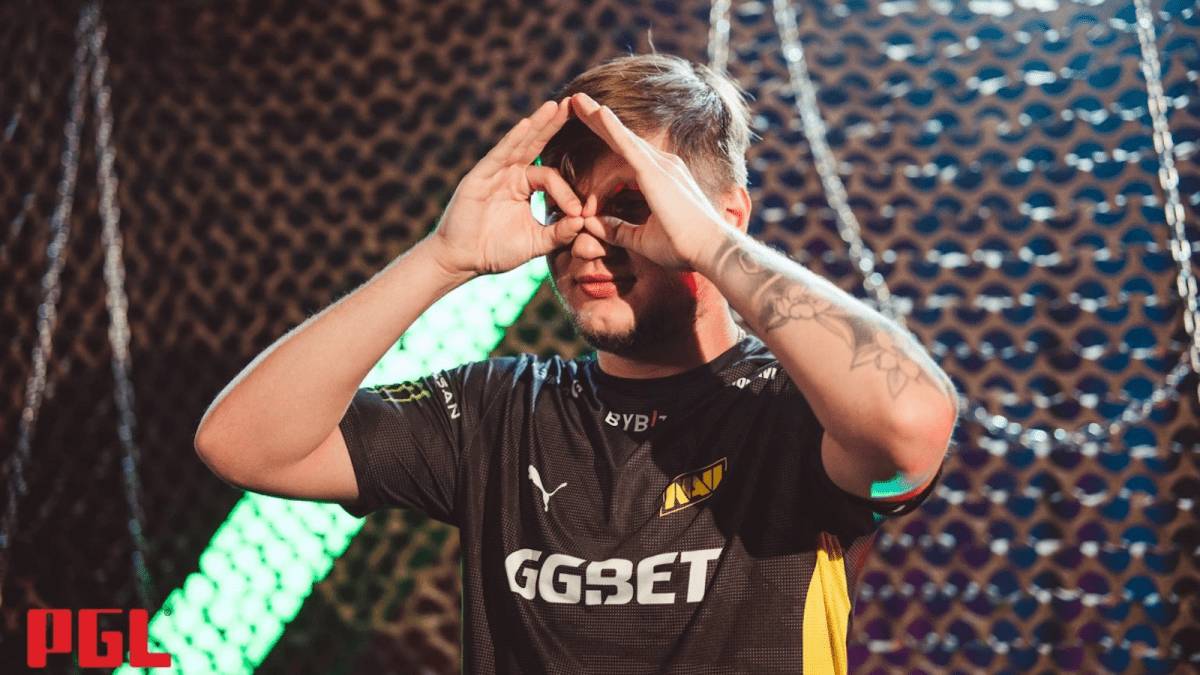
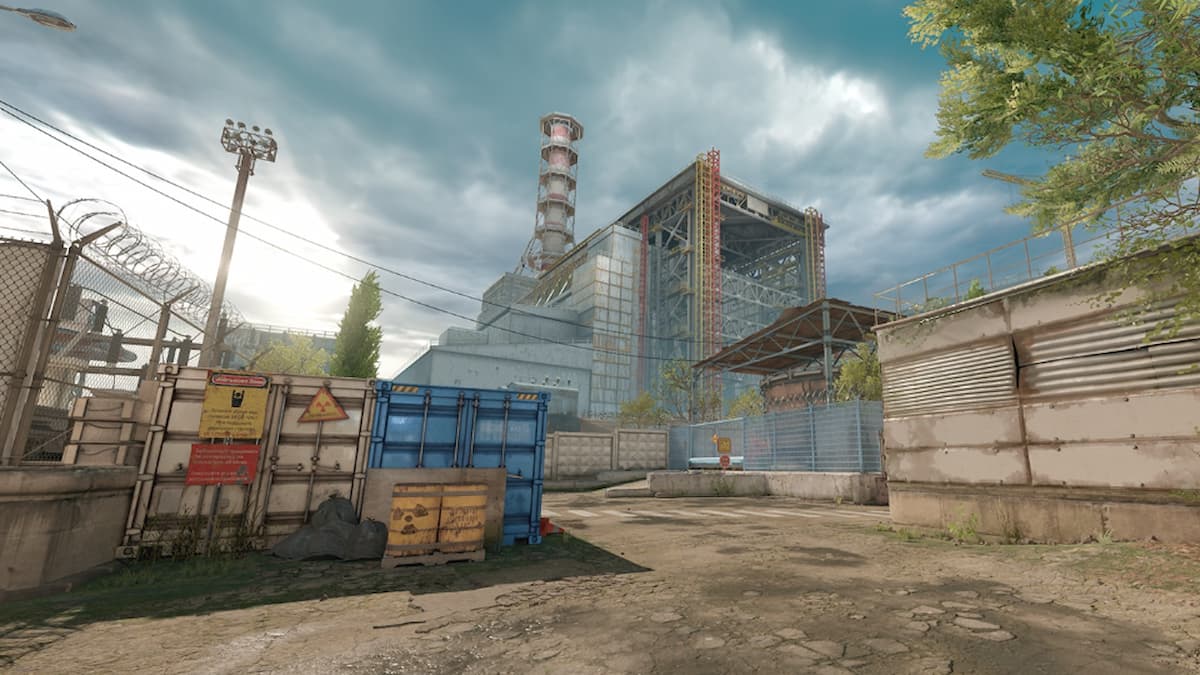
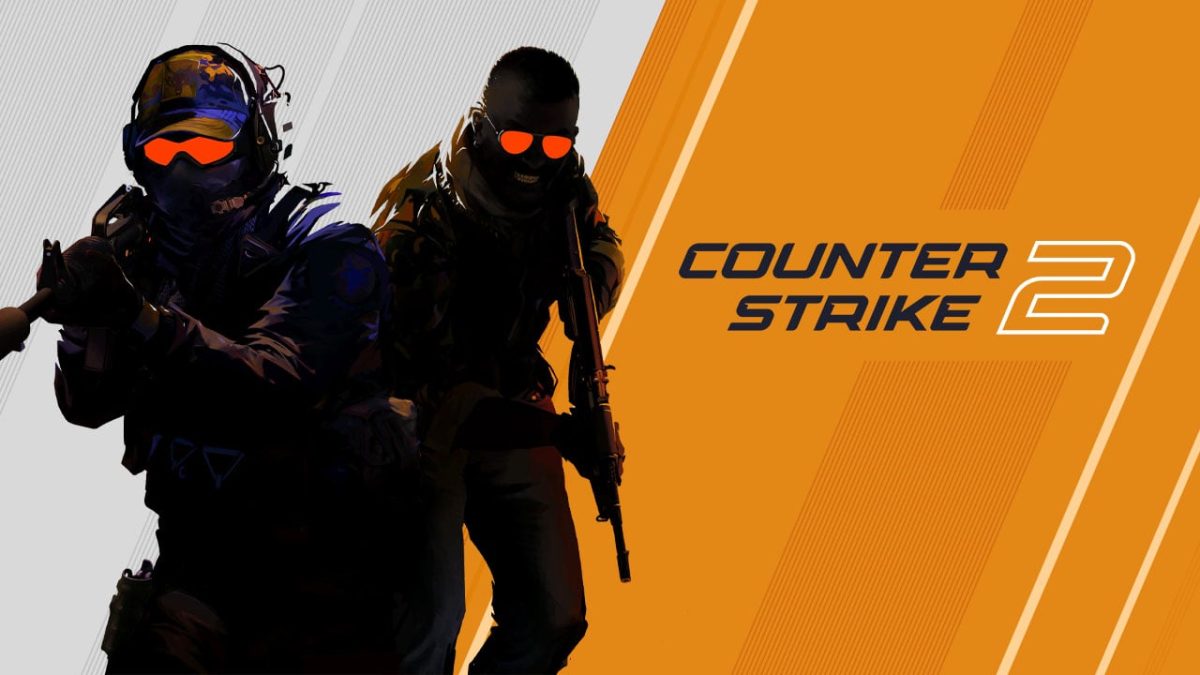
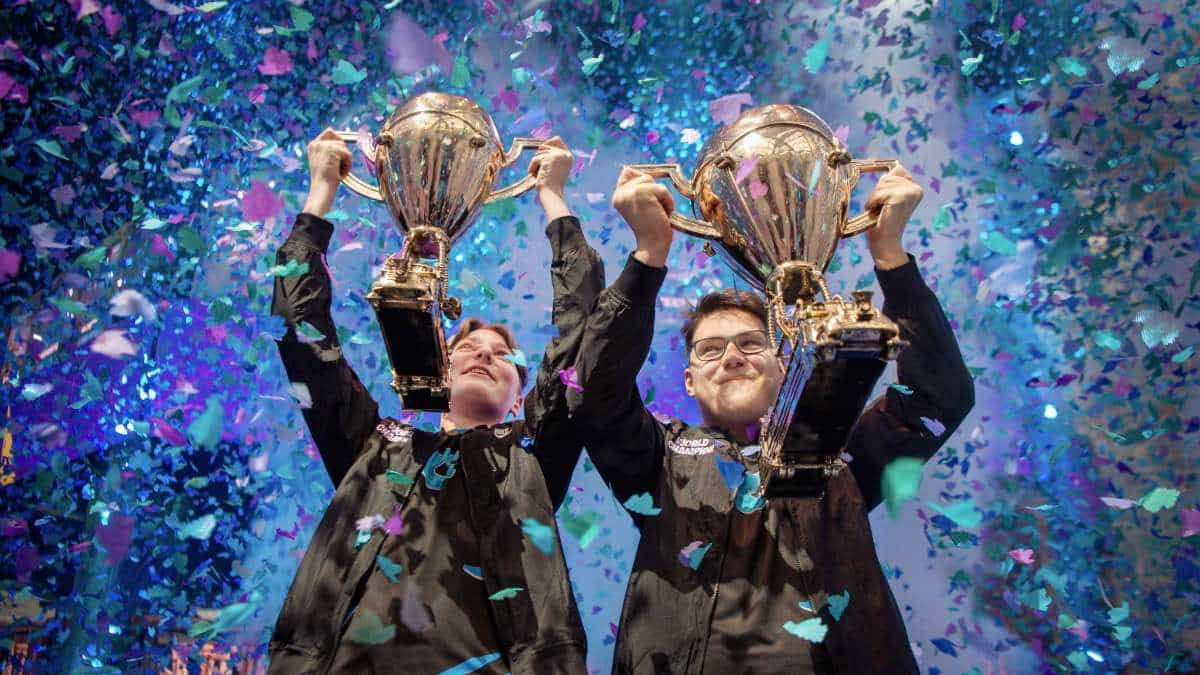

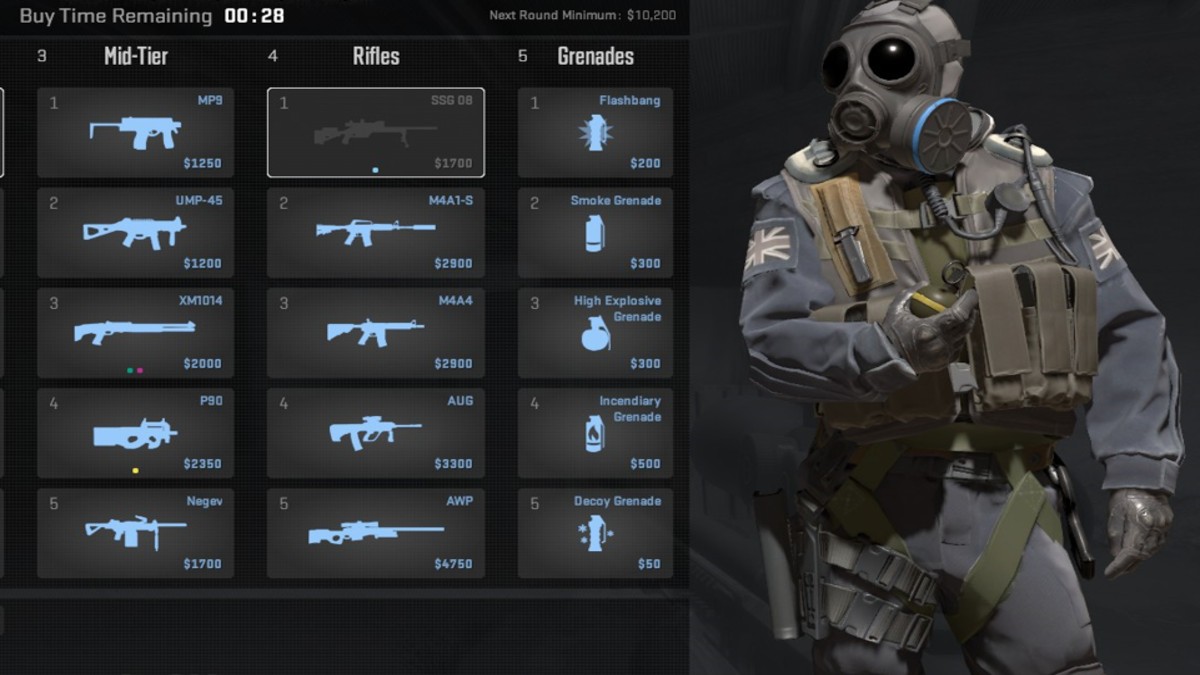
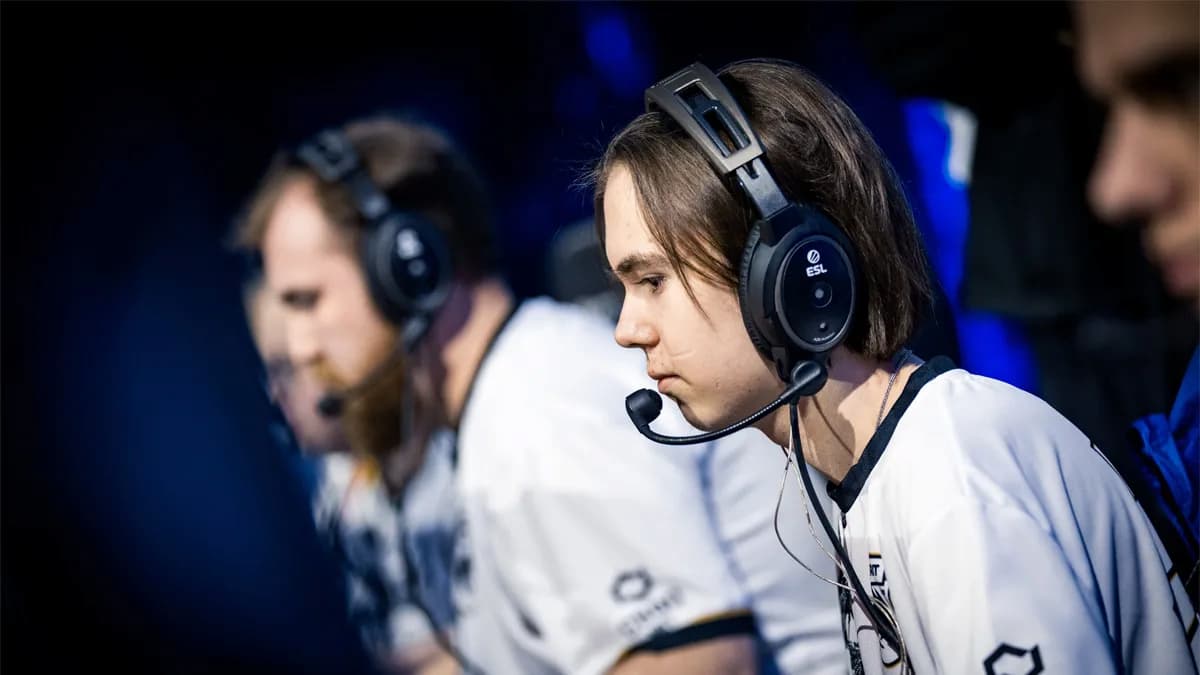
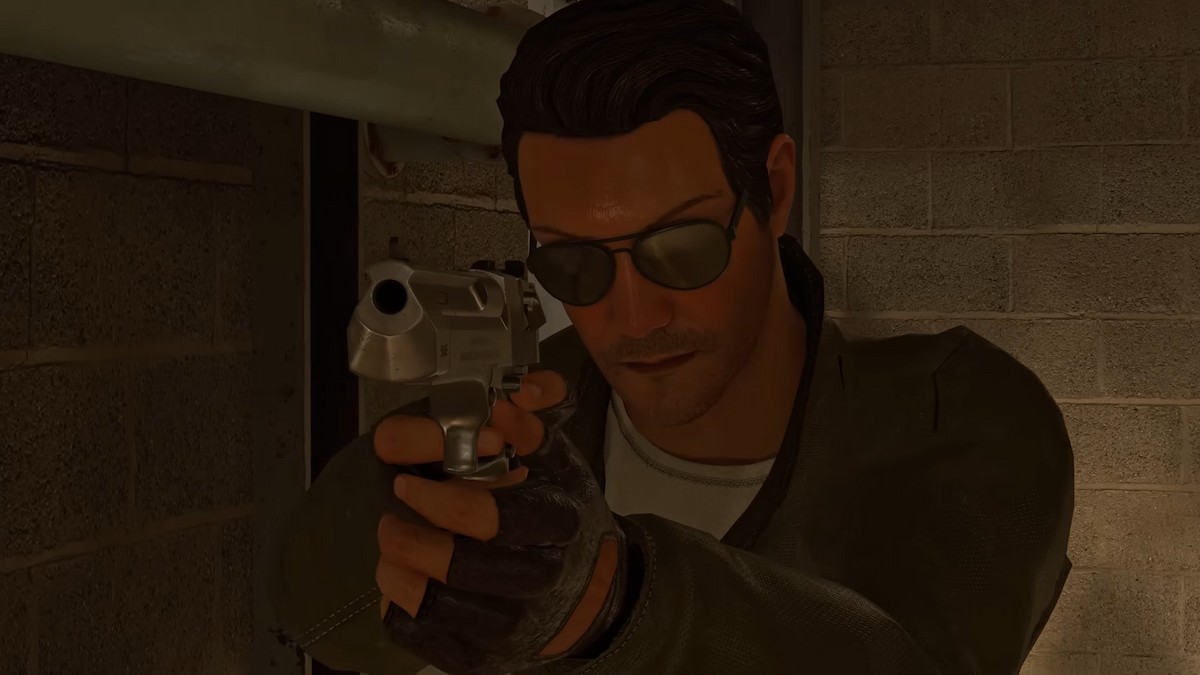
Published: Apr 10, 2023 11:00 am